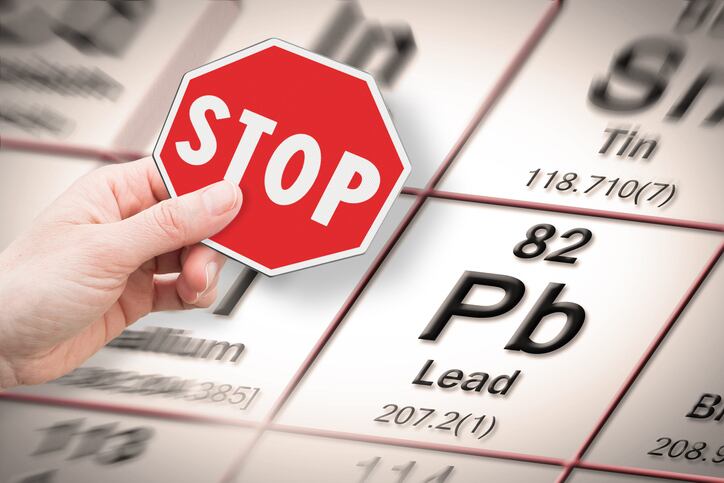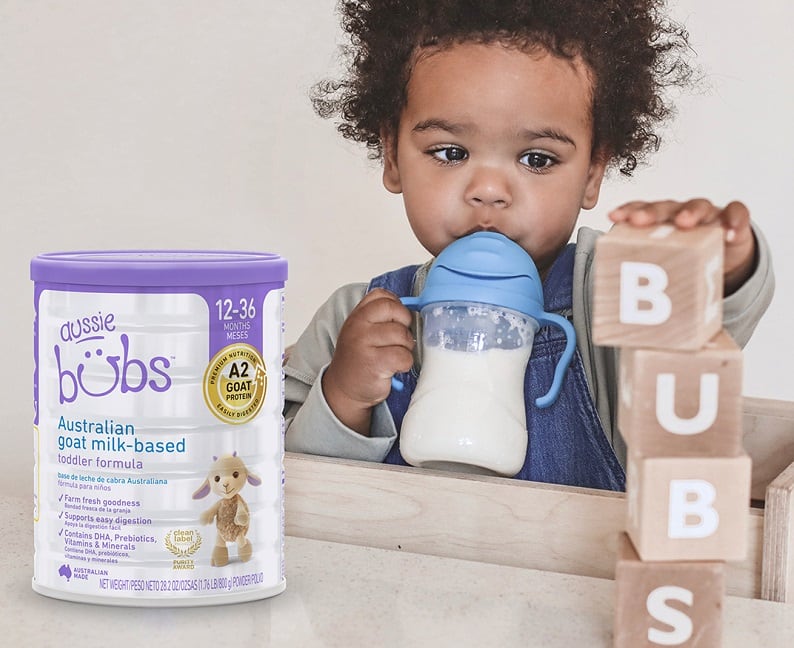Last year, plaintiffs brough 1,034 cases alleging Prop 65 violations against food and beverage companies and 173 cases against supplements – a slight dip from the 1,174 cases against food and beverage companies and 183 cases against supplement companies in 2022, but a notable increase from 857 cases brought against food and beverage companies in 2021, Brian Sylvester, a partner with Perkins Coie based in Washington, DC, told attendees last week during a webinar hosted by Prime Label Consultants.
He noted the number of Prop 65 cases brough against food and beverage companies every year since the pandemic is more than double the number of cases brought annually the prior four years, which ranged between 160 in 2016 and 413 in 2019.
With the uptick in cases comes a jump in the absolute dollar amount of Prop 65 settlements, which reached a whopping $40.3 million last year – up from $26.08m in 2022 and $25.45m in 2021.
“Our estimate is that there were more than 1,000 settlements in the past year. This is an increase in both the number of settlements and the absolute value of these resolutions from 2022,” Sylvester said, adding this is “an area of continued concern.”
Heavy metals dominate Prop 65 cases
The most common chemical of concern at the center for Prop 65 cases the past two years has been lead, which accounted for 68% of cases in 2022 and 84% of cases in 2023, according to Sylvester.
Making up a much smaller, but still notable portion of cases in 2023 were mercury, accounting for 4% of cases, arsenic (4%) and cadmium (8%), which Sylvester stressed is notable because of FDA’s ongoing focus on heavy metals in food, especially baby food, and its Closer to Zero initiative, as well as emphasis on heavy metal contamination by consumer class action cases more broadly.
Acrylamide cases blocked, glyphosate contested
Notably missing from the chemicals of concern in Prop 65 cases in 2023 was acrylamide, which made up 7% the cases the previous year.
The drop-off isn’t because lawyers are “exercising enormous restraint,” but rather because the District Court in March 2021 issued a preliminary injunction baring lawsuits alleging failure to warn of cancer risks related to acrylamide following a suit filed by the California Chamber of Commerce against the state of California. That case alleged the science related to acrylamide is unsettled and that the state has not sufficiently shown it is “known” to cause cancer. Thus, a warning saying otherwise, may not be correct.
A year later, the Ninth Circuit agreed and the Supreme Court refused to take up the case.
The same argument made for acrylamide was made by the National Association of Wheat Growers for glyphosate, for which California had proposed a tailored warning under Prop 65.
The Ninth Circuit in November rejected the proposal as a “lengthy, ambiguous warning that is very wishy washy and, in fact, concedes the science is not settled on this issue,” Tommy Tobin, counsel with Perkins Coie, explained.
In rejecting the warning, the Ninth Circuit reiterated that the warning would violate companies’ First Amendment rights and protected commercial speech on that basis that “given the uncertainty of the science, the government cannot go out and make somebody give a warning about a hazard that may or may not exist,” explained David Biderman, partner at Perkins Coie.
According to ArentFox Schiff, the decision could give wiggle room for businesses to challenge other Prop 65 warning requirements on the same grounds if the science connecting the chemical to cancer is weak.
Looking forward, the team at Perkins Coie said the foods most frequently targeted in Prop 65 cases include spices and seasonings, gluten-free snacks, powdered supplements, mushrooms, dried fruit, chocolate and cocoa powder and seafood.




